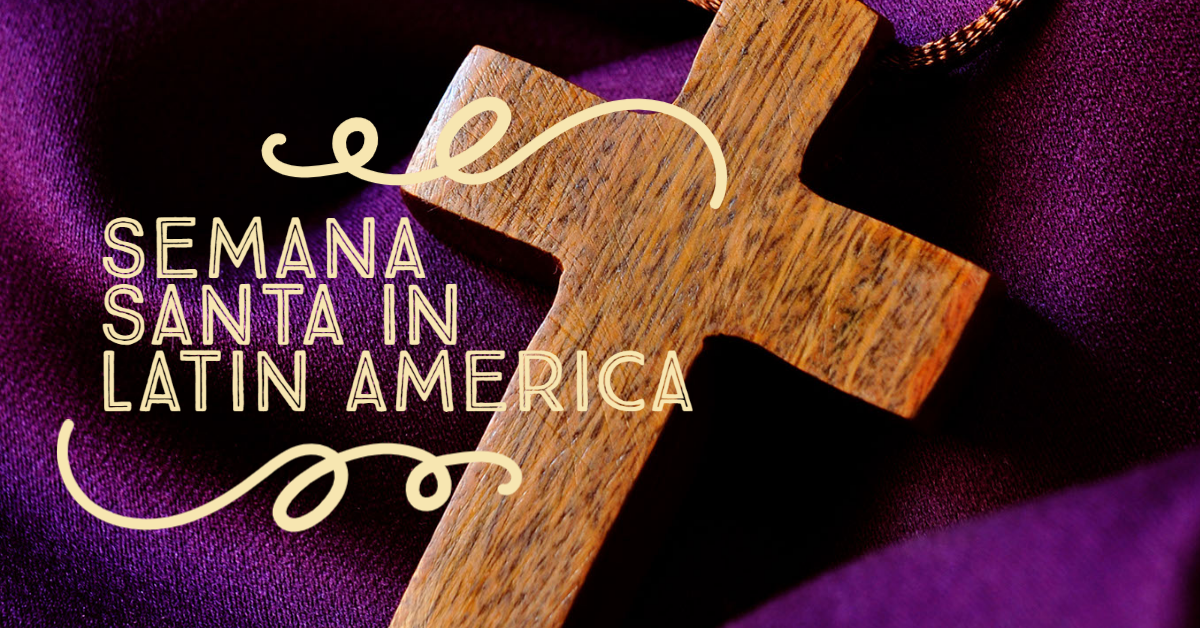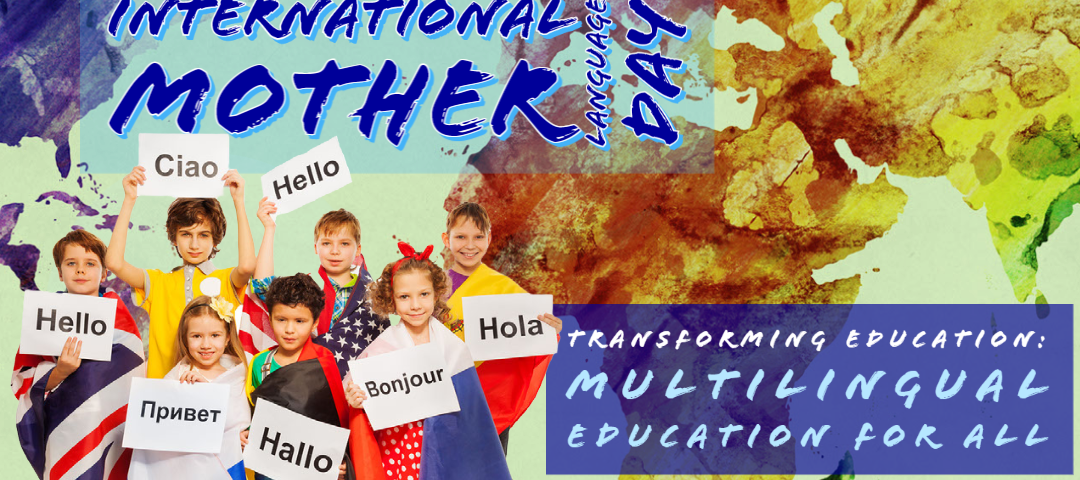
Queen Elizabeth II
09/09/2022
“Semana Santa” in Latin America
03/04/2023International Mother Language Day

I nternational Mother Language Day is celebrated on February 21 every year to promote linguistic and cultural diversity and multilingualism. The day was proclaimed by the United Nations Educational, Scientific and Cultural Organization (UNESCO) in November 1999 to commemorate the Language Movement of Bangladesh, which took place on February 21, 1952, and resulted in the recognition of Bengali as an official language of Pakistan.
The theme for International Mother Language Day 2023 is "Transforming Education: Multilingual Education for All." This year's theme emphasises the importance of multilingual education in transforming education and ensuring access to education for all.
But why is multilingual education so significant? How can it transform education?
Multilingual education refers to an approach to education that recognises and utilises the linguistic diversity of students. It involves teaching and learning in two or more languages, with a focus on developing proficiency in both the mother tongue and additional languages. Multilingual education can take various forms, such as bilingual education, immersion education, content and language integrated learning (CLIL), and dual-language education.
Multilingual education is vital, as it promotes social inclusion, cultural understanding and diversity by preserving linguistic heritage. It helps bridge the gap between different communities and promote social cohesion: by teaching different languages in schools, students can learn to appreciate and respect the culture and traditions of others, thus creating a more inclusive and tolerant society.
In addition, multilingual education can help to promote cognitive development by enhancing cognitive flexibility, executive function, and metalinguistic awareness. There is no doubt that students who learn in their mother tongue have a better understanding of the concepts being taught, which leads to better academic performance. However, it has also been shown to improve literacy skills in both the mother tongue and additional languages, leading to better academic outcomes. By learning different languages, students can see the world from different perspectives and learn new ways of thinking. This can allow them to think more creatively and solve problems more effectively than those who only speak one language.
Multilingual education can also lead to social mobility and improved employment opportunities. For example, students who are multilingual are more likely to win jobs in the modern economy where it is important to interact with people from different cultures and linguistic backgrounds.
To achieve the goal of multilingual education for all, it is essential to invest in teacher training, curriculum development, and the provision of appropriate resources. Governments, educational institutions, and international organizations must work together to ensure that students have access to quality education in their mother tongue and other languages.
My Language Hub Education is committed to multilingual education by providing students with the opportunity to learn a new language in a fun environment. With our courses, students can learn from anywhere in the world at any time of day. We make it easy for students to get started with our simple registration process and clear instructions on how to use our website. Our language courses cover business English, conversational Spanish and French, and general Italian. We also offer a variety of solutions for students who excel at their GCSE exam in another language: from GCSE workshops to grammar guides, vocabulary glossaries or flashcards that can be printed or downloaded for free.
Last but not least, our professional translation courses aim at maximising a multilingual's by preparing them for two of CIOL's qualifications: the Certificate in Translation and the Diploma in Translation.

